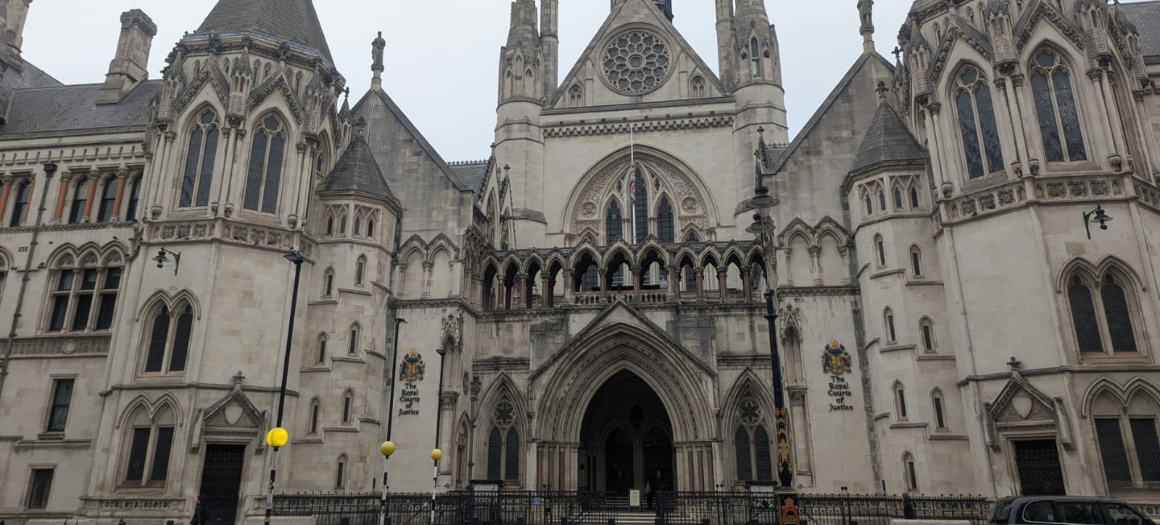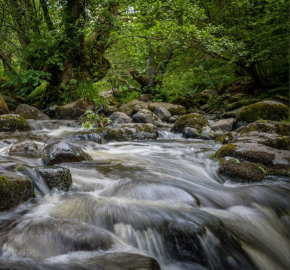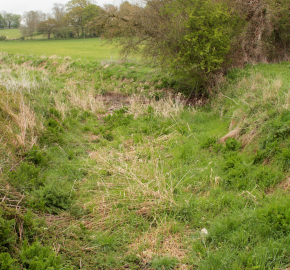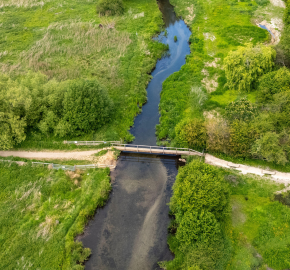High Court to decide on legality of housing development that could see an overwhelmed sewage works spew sewage into the Great Ouse River

Following a legal challenge by conservation group WildFish, the Royal Courts of Justice in London will today review the legality of house-building plans in a Buckinghamshire village, which would see an already-overwhelmed sewage works spewing even more sewage into the Great Ouse River.
The High Court’s decision in this case could serve as an early indicator of some of the potential legal implications surrounding Labour’s proposed Planning and Infrastructure Bill (HL Bill 134), which is currently reaching its final stages in the House of Lords. We previously warned that the Bill would effectively weaken legal protections for the environment to accelerate housebuilding.
Now, both politicians and environmental groups will be watching closely as the High Court hears arguments over the next three days regarding Buckinghamshire Council’s decision earlier this year to sign off on planning conditions for a massive housing development in Maids Moreton, a village just outside Buckingham.
We initiated the judicial review into the council’s planning decision back in March 2025, on the basis that sewage from the 153 new homes will be treated at Buckingham sewage treatment works, which is already struggling to keep its permit limits. While sewage from the site is supposed to be properly treated, if there is too much to deal with, then it affects the standard of the treatment, with some sewage discharging untreated into the river via a ditch.
The Great Ouse, which flows to the southeast of the development site, is currently failing environmental standards with a Water Framework Directive (WFD) status of “poor”. One of the longest rivers in England, the Ouse flows through counties such as Norfolk, Cambridgeshire, and Northamptonshire, and its catchment holds several areas of environmental significance including Special Areas of Conservation and Sites of Special Scientific Interest.
We have long campaigned against pollution and sewage in UK rivers that negatively affect populations of wild fish and other freshwater species. Our opposition in this latest case is in parallel with our “No Capacity, No Development” campaign which, as part of a wider push for a sustainable water supply, calls for new homes to be built only where there is adequate capacity at nearby sewage works.
We have also put forward proposals for the House of Commons Environmental Audit Committee to take on sewage and water capacity in its next area of scrutiny.
Justin Neal, a solicitor at WildFish, said: “This is a case which illustrates a real problem faced in England: planning decisions are made without proper consideration of the impacts on the environment. Proposed developments, like that in Maids Moreton, are being approved despite the extra burden they place on already overwhelmed sewage systems, leading to poorly treated sewage and spills flowing into rivers.”
“Building a large estate without first making sure there is sufficient capacity is clearly a bad idea, yet this is becoming increasingly common across England. That’s because Ofwat has effectively washed its hands of its responsibilities, leaving the local planning authorities (LPAs) to regulate via planning conditions – conditions that are too weak and subject to amendment at a later date – all the while under pressure from developers but receiving poor advice from water and sewage companies.”




Great stuff Justin.
A real issue of our politicians making.
J̌ust because the southeastern area has ignored the consequences of its decisions for many years it does not mean that it can continue ad nauseum. Stop all construction in areas where thee necessary infrastructure is not already in existence.
The water companies are responsible for sewage and Ofwat should not be ducking the issue.
The alternative is that developments ultimately have to put in local water treatment facilities, this will be expensive and when factored into the development viability report will ultimately reduce the provision of Affordable housing and other S106 payments/contributions. This will all slow down the delivery of new homes which is key to the governments growth strategy.